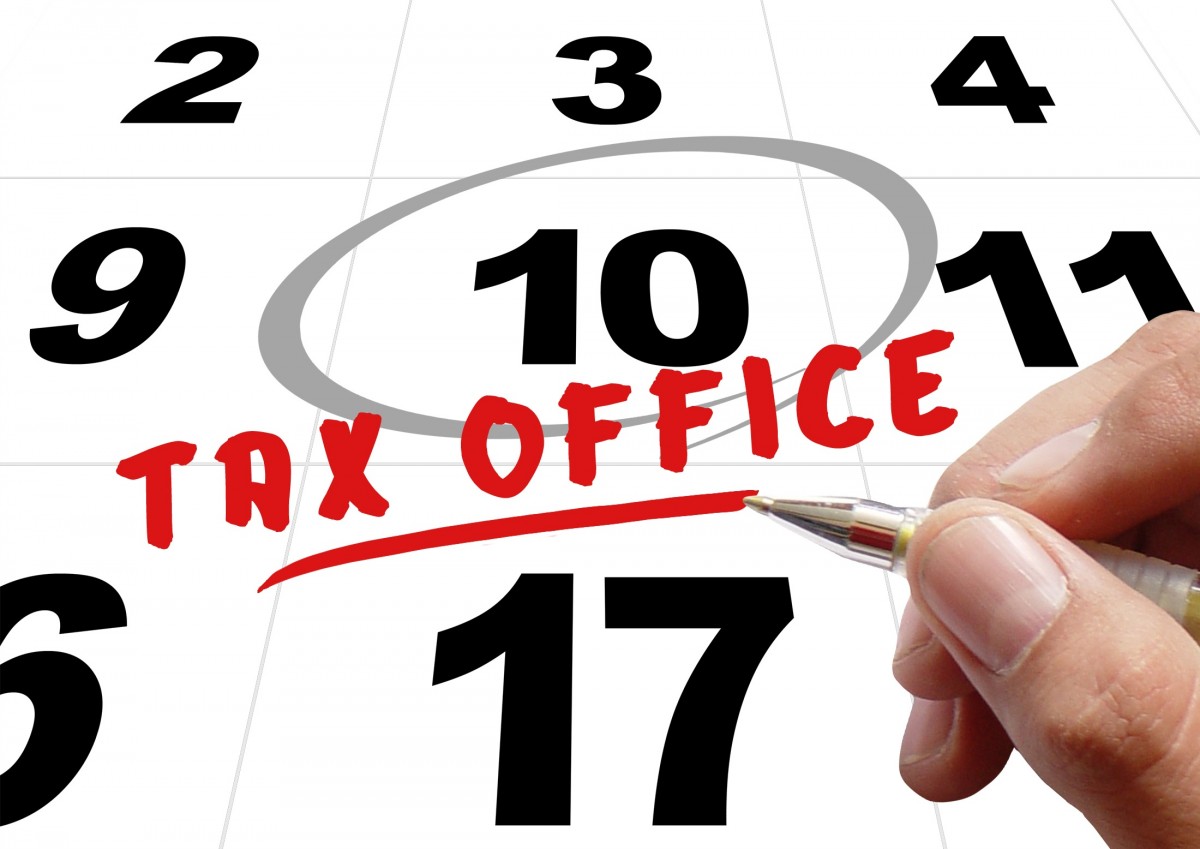Unexpected retirement plan disqualification can trigger serious tax problems
It’s not unusual for the IRS to conduct audits of qualified employee benefit plans, including 401(k)s. Plan sponsors are expected to stay in compliance with numerous, frequently changing federal laws and regulations.
For example, have you identified all employees eligible for your 401(k) plan and given them the opportunity to make deferral elections? Are employee contributions limited to the amounts allowed under tax law for the calendar year? Does your 401(k) plan pass nondiscrimination tests? Traditional 401(k) plans must be regularly tested to ensure that the contributions don’t discriminate in favor of highly compensated employees.
If the IRS uncovers compliance errors and the plan sponsor doesn’t fix them, the plan could be disqualified.
What happens if qualified status is lost?
Tax law and administrative details that may seem trivial or irrelevant may actually be critical to maintaining a plan’s qualified status. If a plan loses its tax-exempt status, each participant is taxed on the value of his or her vested benefits as of the disqualification date. That can result in large (and completely unexpected) tax liabilities for participants.
In addition, contributions and earnings that occur after the disqualification date aren’t tax-free. They must be included in participants’ taxable incomes. The employer’s tax deductions for plan contributions are also at risk. There are also penalties and fees that can be devastating to a business.
Finally, withdrawals made after the disqualification date cannot be rolled over into other tax-favored retirement plans or accounts (such as IRAs).
Voluntary corrections
The good news is that 401(k) plan errors can often be voluntarily corrected. We can help determine if changes should be made to your company’s qualified plan to achieve and maintain compliance. Contact us for more information.




